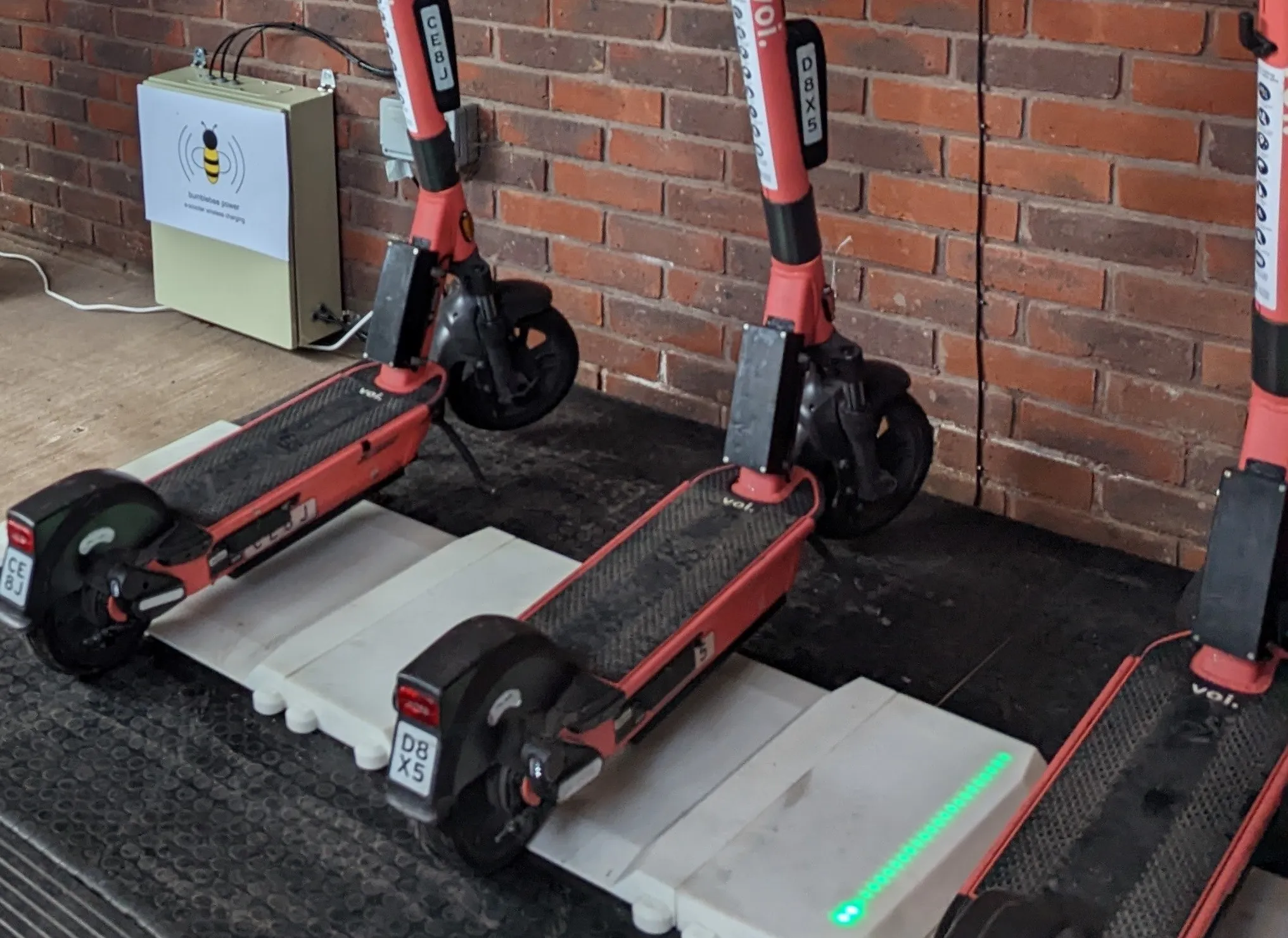A research project that gathers information on vehicle emissions in Birmingham got under way last month as part of the UK Government’s ongoing efforts to meet EU air quality targets.
In December 2015, the UK Government announced plans to introduce Clean Air Zones in cities, including Birmingham, by 2020. These zones will not affect private car owners, but would aim to discourage the most polluting vehicles, such as old buses, coaches and lorries, from entering the zone.
The new project, developed by B
March 31, 2016
Read time: 3 mins
A research project that gathers information on vehicle emissions in Birmingham got under way last month as part of the UK Government’s ongoing efforts to meet EU air quality targets.
In December 2015, the UK Government announced plans to introduce Clean Air Zones in cities, including Birmingham, by 2020. These zones will not affect private car owners, but would aim to discourage the most polluting vehicles, such as old buses, coaches and lorries, from entering the zone.
The new project, developed by Birmingham City Council in collaboration with public services provider6110 Amey and global technology company 189 Siemens, involves deploying seven automatic number plate recognition (ANPR) cameras and associated equipment at strategic locations on key routes into Birmingham city centre to capture data on the Euro emissions classification of vehicles.
The information gathered during the trial will contribute to scoping studies being undertaken by the council and the Department for Environment, Food & Rural Affairs (DEFRA) to confirm current overall emissions levels and identify tipping points whereby the levels become legally acceptable based on the types of vehicles in use.
Clean Air Zones have been identified by DEFRA) as a potential mechanism, not only to improve air quality in urban areas but to also help avoid potential financial penalties, and it has made funding available to local authorities to study their feasibility.
Birmingham City Council is part of the West Midland’s Low Emissions Towns & Cities
Project which is part-funded by DEFRA and includes resource provision from all seven West
Midlands local authorities and their partner organisations.
The camera solution for the trial in Birmingham uses visually unobtrusive roadside equipment and combines monitoring and communications technology. It is supported with back office software which safely stores and analyses data, predicting the potential impact and business cases for different Clean Air Zone scenarios as well as indicating some of the more intangible benefits to society.
For the first time in such a trial, the back-office system is hosted on a cloud, meaning that local authorities such as Birmingham are not required to host any expensive IT infrastructure to make the technology work.
The system was installed in February, and after an initial commissioning period, data is expected to be collected for a full 12-months from April 2016.
In December 2015, the UK Government announced plans to introduce Clean Air Zones in cities, including Birmingham, by 2020. These zones will not affect private car owners, but would aim to discourage the most polluting vehicles, such as old buses, coaches and lorries, from entering the zone.
The new project, developed by Birmingham City Council in collaboration with public services provider
The information gathered during the trial will contribute to scoping studies being undertaken by the council and the Department for Environment, Food & Rural Affairs (DEFRA) to confirm current overall emissions levels and identify tipping points whereby the levels become legally acceptable based on the types of vehicles in use.
Clean Air Zones have been identified by DEFRA) as a potential mechanism, not only to improve air quality in urban areas but to also help avoid potential financial penalties, and it has made funding available to local authorities to study their feasibility.
Birmingham City Council is part of the West Midland’s Low Emissions Towns & Cities
Project which is part-funded by DEFRA and includes resource provision from all seven West
Midlands local authorities and their partner organisations.
The camera solution for the trial in Birmingham uses visually unobtrusive roadside equipment and combines monitoring and communications technology. It is supported with back office software which safely stores and analyses data, predicting the potential impact and business cases for different Clean Air Zone scenarios as well as indicating some of the more intangible benefits to society.
For the first time in such a trial, the back-office system is hosted on a cloud, meaning that local authorities such as Birmingham are not required to host any expensive IT infrastructure to make the technology work.
The system was installed in February, and after an initial commissioning period, data is expected to be collected for a full 12-months from April 2016.









